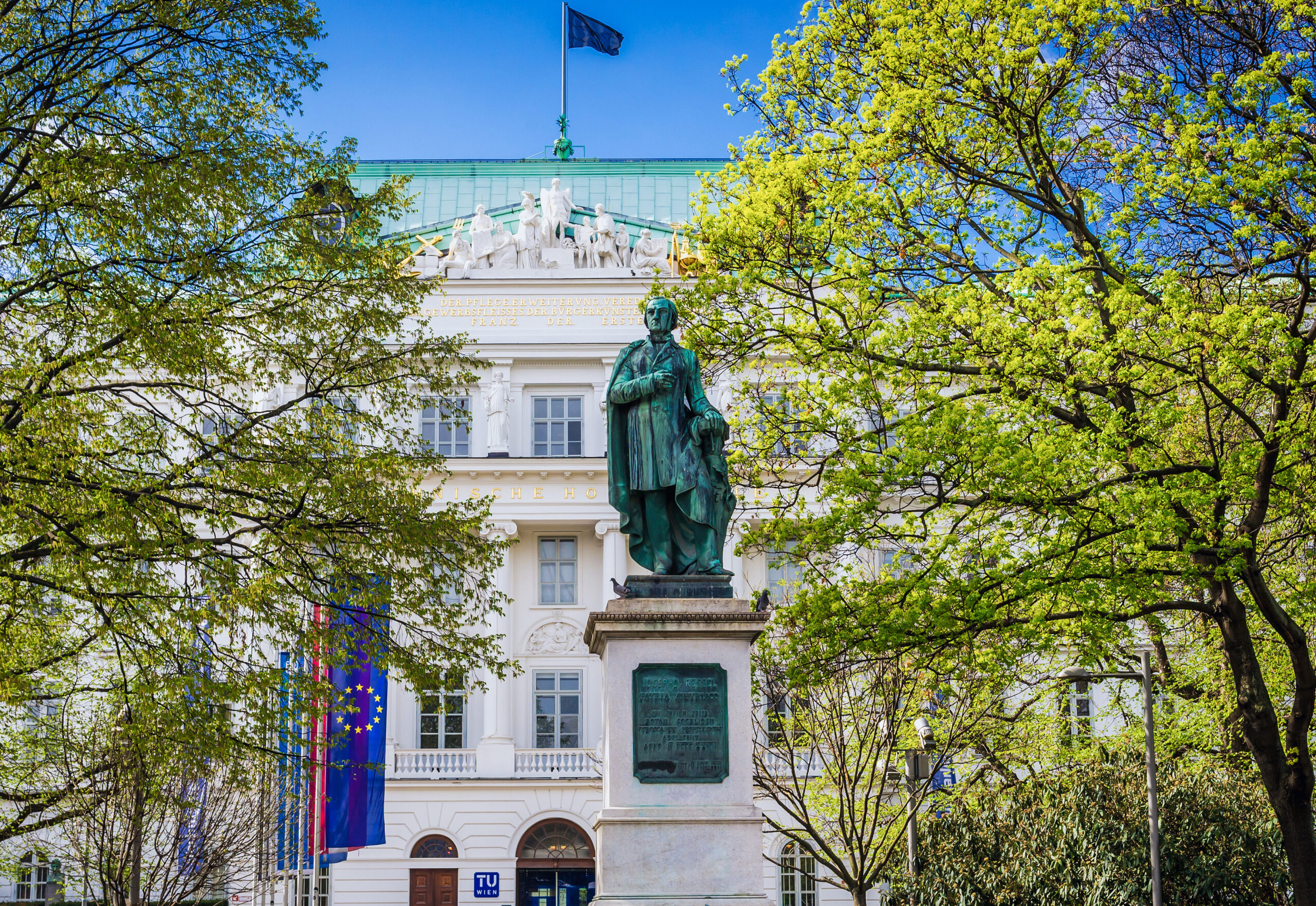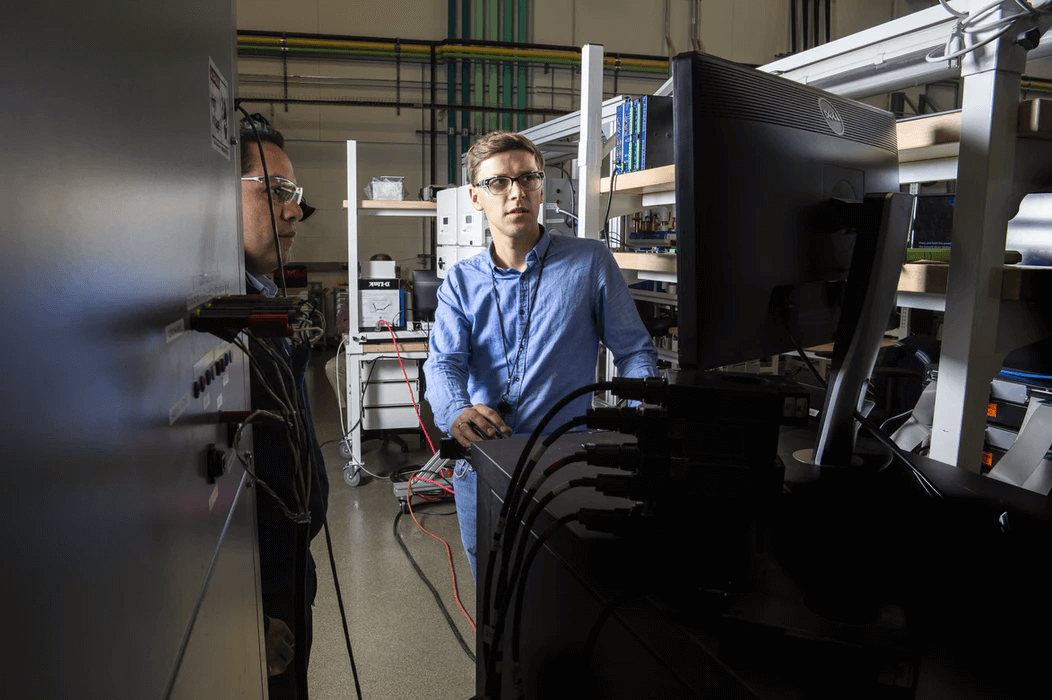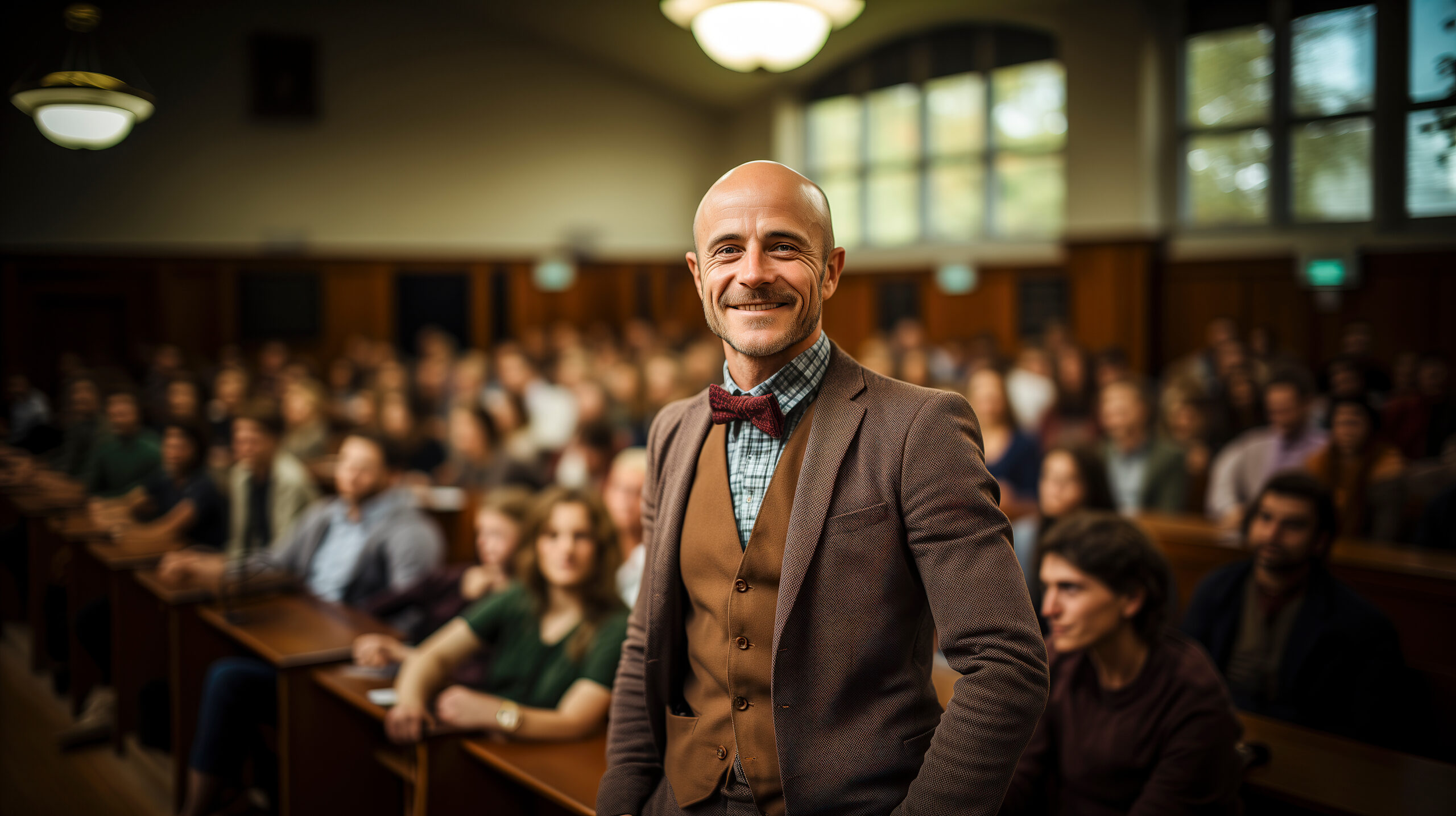Balance of the Microverse is a Cluster of Excellence at the Friedrich Schiller University Jena. It is funded by the German Research Foundation under Germany’s Excellence Strategy and consists of eight participating non-university research institutes, including the Leibniz Institute for Natural Product Research and Infection Biology – Hans Knöll Institute (Leibniz-HKI). We spoke to Dr. Angela Köhler, the scientific manager of the cluster to learn more about their approach to recruitment.
Can you tell us a little bit about your role as the scientific manager of this Cluster of Excellence and as part of the research coordination team at the Leibniz-HKI?
I am employed by the university and have my workplace at the Leibniz-HKI. This reflects the core idea of our cluster, where the university and non-university institutes bundle their expertise and collaborate closely. I moved to Jena about four and a half years ago when the university was preparing an application for a Cluster of Excellence. They were developing the research plan so it was an exciting time. I came into a team of highly motivated scientists from different disciplines: microbiology, chemical biology, medicine, ecology, optics, photonics, material science, and bioinformatics. We were successful and got awarded this Cluster of Excellence.

As a central contact point for all cluster members and member institutes, I have a diverse range of tasks from organising scientific events to supporting the researchers with grant applications. I also deal with budget planning and reporting to the funding agencies and am highly involved in organizing the recruitments of researchers for our cluster, from doctoral researchers all the way to professorships. I really enjoy my work in research coordination because I can support the researchers and I have the chance to bring in my ideas to further develop this research network.
What is your approach for finding excellent early career researchers?
We advertise internationally, which is very important for us because we’re always aiming to increase our proportion of international researchers. In our cluster, 38% of the participating scientists are international, including 52% of our postdocs and doctoral researchers. Of course, we also recruit at the national level and support local talents, but internationalization is important for us. We generally spread the job announcements via our websites, on job portals such as Academic Positions, scientific associations, and social media channels. When it comes to the advanced group leader positions, we do headhunting as well. It has also been quite successful for us to contact candidates directly to make them aware of Jena as a research location and of our open positions.
With regards to the early career researchers, we are building upon the established recruitment process of the Jena School for Microbial Communication, a graduate school that was initiated under Germany’s Excellence Initiative. For example, we write out a couple of PhD and postdoc positions in a joint recruitment call to increase the visibility by offering multiple positions in a thematic area. We then have a multistep-recruitment process, including telephone interviews and recruitment meetings where the candidates and cluster members get to know each other in Jena. This of course now had to be converted to online meetings due to the corona pandemic. The recruitment decision is always made by the team and the doctoral researchers are supported by both their supervisors and an interdisciplinary committee throughout their thesis work.
How does hiring fantastic early career researchers support the overall goal of your Cluster of Excellence?
It’s extremely important because as with all top level research, you need the best minds. You want to recruit the most qualified, talented, and highly motivated researchers. That’s so important for the success of these research networks. You need excellence at all levels, starting with graduate students all the way to the group leaders. Close collaborations and networking are very important in our cluster, so getting to know each other during the recruitment process is very important for us.
What kinds of support services do you offer international researchers joining the cluster?
The University of Jena has a Welcome Point, and the city of Jena offers a Welcome Service to help integrate international professionals. The research coordination team at the Leibniz-HKI, the cluster, and the graduate school support the international researchers with visa applications, advice on finding housing, opening a bank account and so on. When you don’t speak German things can be difficult in the beginning, so this support is generally appreciated. In addition, the university has guest apartments, giving the researchers time to find housing after their arrival in Jena. It’s important to offer these services to make it easier for them to move, especially when they’re moving continents. There are also offers for German language courses available.
It’s important to give candidates an opportunity during the recruitment process to come and visit Jena and the laboratories and meet the research groups. This first personal impression is important for them and for us. It helps the candidates decide if this is the right location for them, but also helps our research groups to get a better impression of how the candidate would fit in with the team.
How have you adjusted your process during the pandemic when campus visits aren’t possible?
Recruitment is still ongoing. In terms of numbers of applications, we haven’t really seen a decline. We have had to move our recruitment meetings online and the applicants can still give scientific presentations and we do the interviews. When it comes to actually moving here, there have been some delays with people who would need to relocate to Germany. The pandemic is affecting all of us, but we keep going. Even though it is not the same as direct personal contact, online meetings offer the opportunity to arrange meetings very quickly and they save travel costs and preparation time. As a scientific coordinator, I also see my task in helping to overcome the limitations through optimism and good spirits. After all, our research topic also aims to provide novel solutions to better manage diseases and environmental disbalance in the future.
Header image: Foto Krumnow








